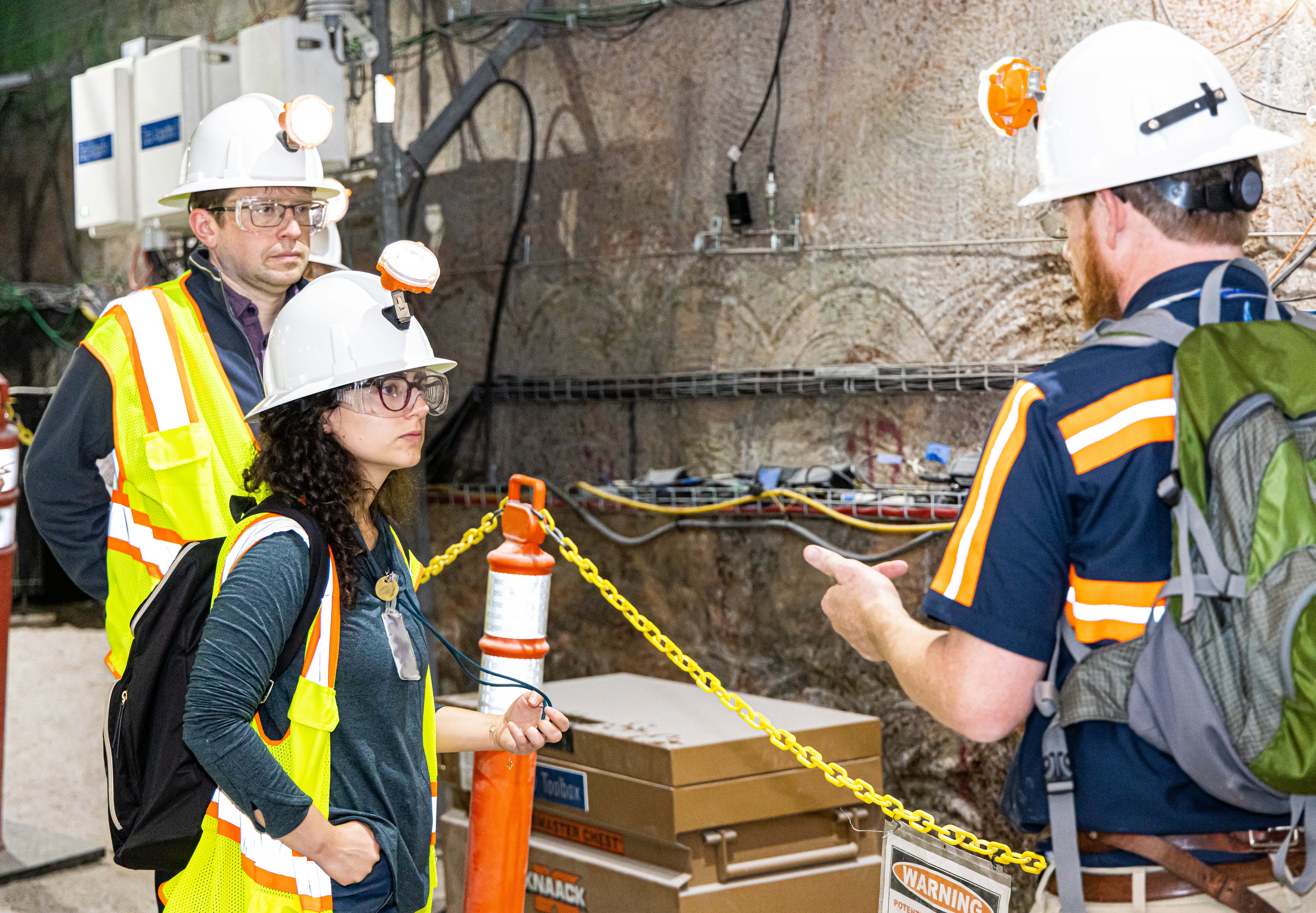
At the recent DECOVALEX workshop in Albuquerque (generously hosted by the US Department of Energy and Sandia National Laboratory), DECOVALEX team members were privileged to have a guided tour of the Waste Isolation Pilot Plant. Read more »
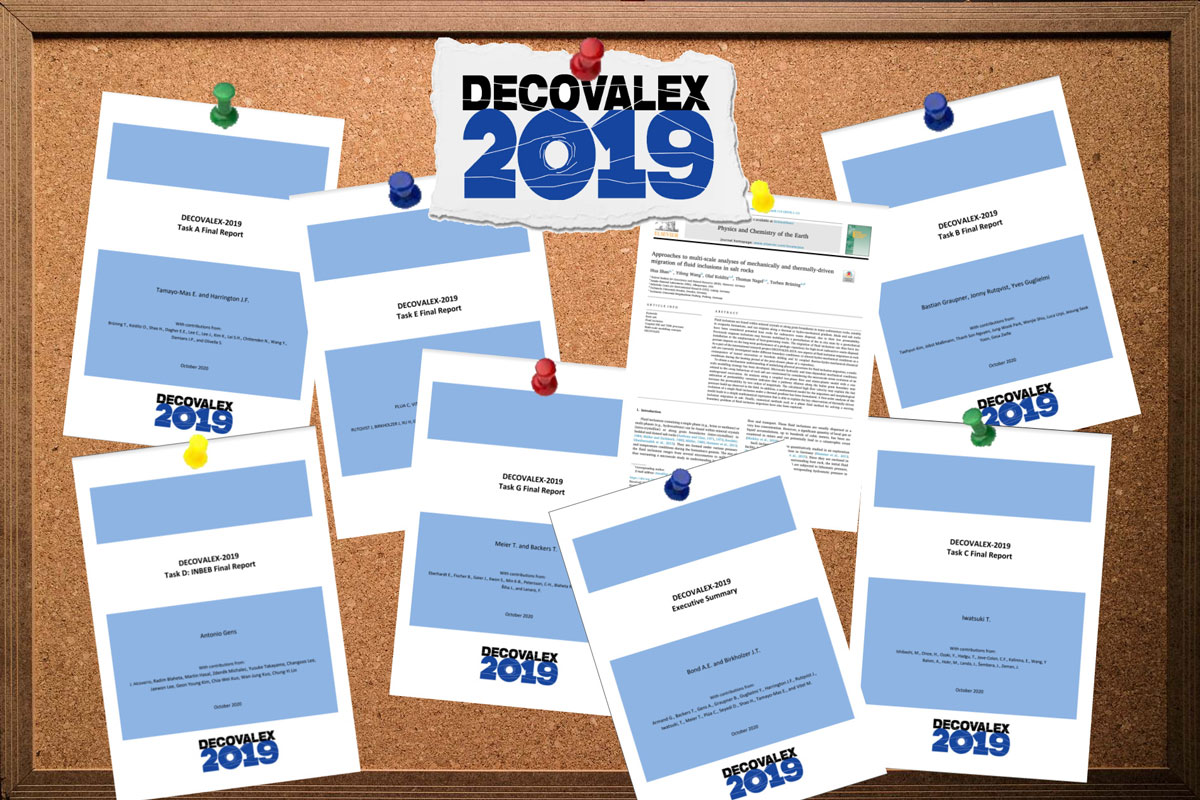
The executive summary and final reports for DECOVALEX-2019 have now been released! Task reports for all seven tasks are available (with Task F’s final report produced as an academic paper), each providing a detailed overview of the work performed under each task. The executive summary gives a high-level overview of each task and pulls together conclusions from the major themes investigated during this recent phase. These reports build on the substantial knowledge base already available on the DECOVALEX website and complement the journal publications on DECOVALEX-2019 published in the Special Issue of IJRMMS as well as in some other journals. DECOVALEX-2019 articles continue to be accepted for publication and we look forward to more of the high quality work being shared with the scientific community.
Many thanks to all those who contributed in documenting the huge amount of work that has been performed during DECOVALEX-2019.
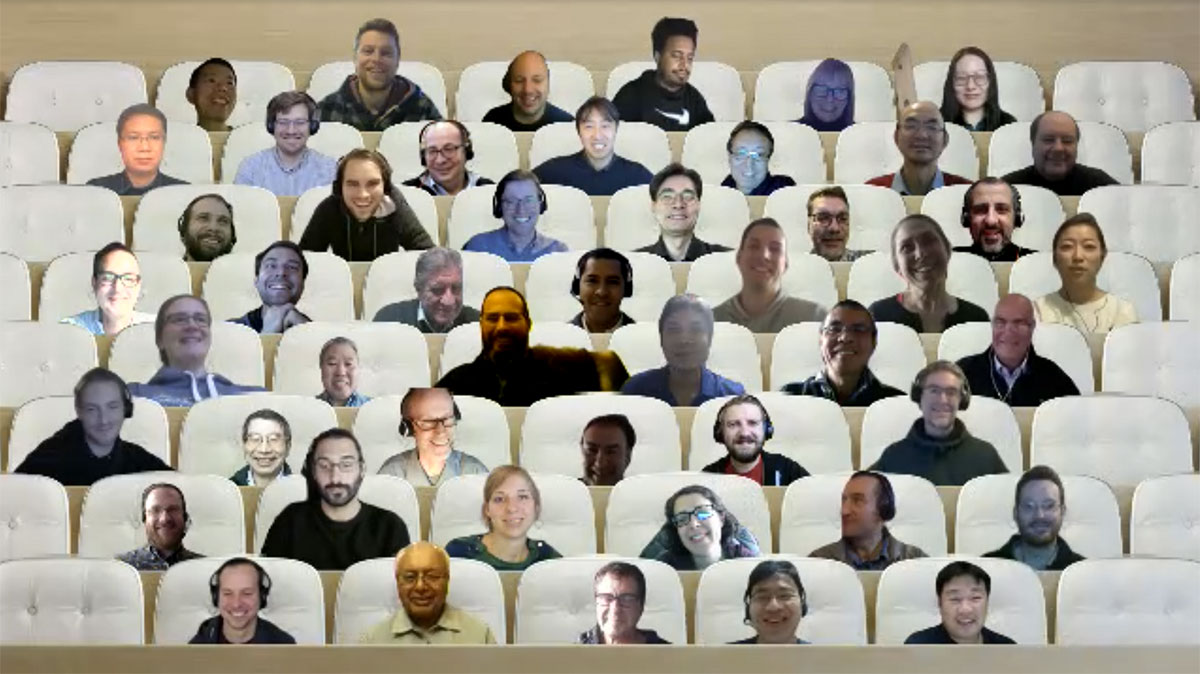
We were delighted to have had a total of 105 attendees at our second virtual workshop, with participants covering a range of 17 time zones! We were also joined by Dr Dong-Keun Cho (Director of the Radioactive Waste Disposal Research Division, KAERI) who kindly discussed "Current State of the Management of HLW R&D Related to the Disposal of HLW in Korea". Despite the virtual setting, the technical discussion was excellent and the project is now in an excellent position to deliver exciting work over the remaining three years of the project. We hope to return to the Republic of Korea later in the project and we very much appreciate KAERI's offer to host a future in-person meeting, when the world health situation permits.

We are pleased to announce that the 2nd workshop will be held virtually on Monday 16th November - Friday 20th November. The meeting was intended to be held in the Republic of Korea, kindly hosted by KAERI, however due to the ongoing COVID-19 pandemic that proved impossible. KAERI have very kindly provided a guest speaker for the first day. We look forward to finding out about the interesting work the research teams have been performing in this largest ever DECOVALEX phase.
The COUFRAC 2020 International Conference on "Coupled Processes in Fractured Geological Media: Observation, Modeling, and Application" just ended after three days of exciting sessions. The conference was organized with a novel conference platform that allowed a mix of in-person and online contributions. The in-person meeting was held in Seoul in the Republic of South Korea. DECOVALEX was well represented with a dedicated session and multiple related presentations, plus contributions to a panel discussion.
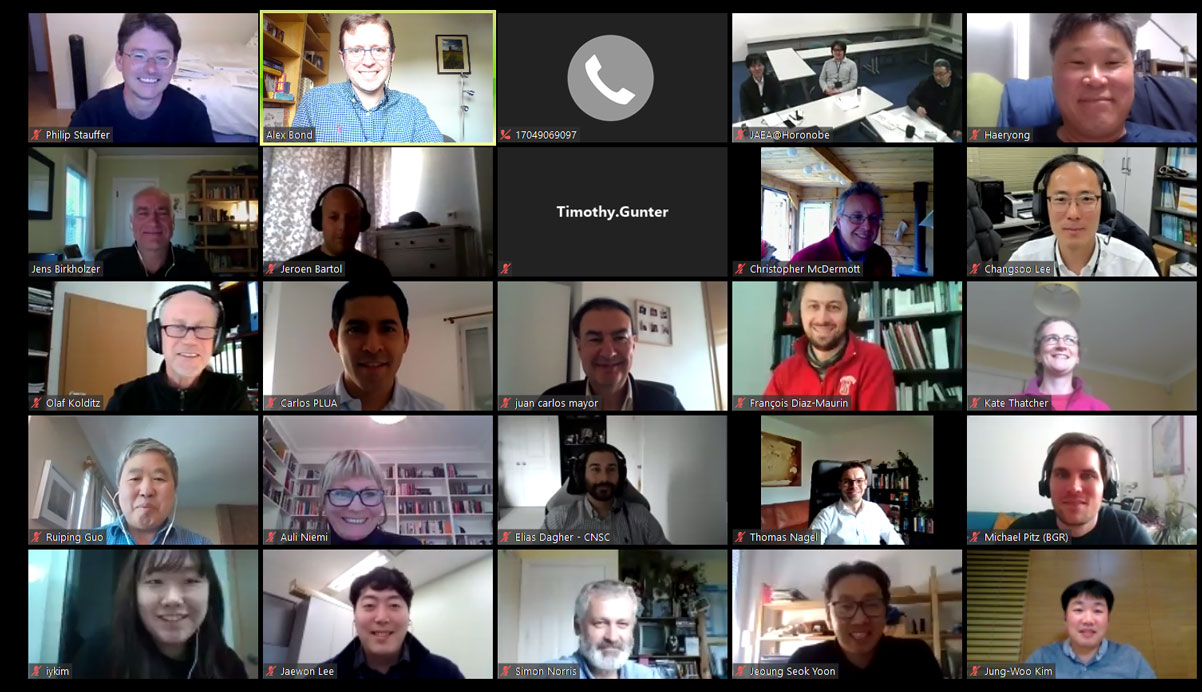
The first workshop of DECOVALEX-2023 was held virtually between 27th-30th April, 2020. Originally intended to be hosted by DOE at LBNL in Berkeley, USA, the ongoing COVID-19 pandemic forced the workshop to move to a virtual platform. While we missed meeting each other in person, the workshop was a great success, with detailed discussion of the seven excellent tasks moving forward in the current phase. With over 50 research teams, this phase will be the largest DECOVALEX phase in the projects >25-years history.
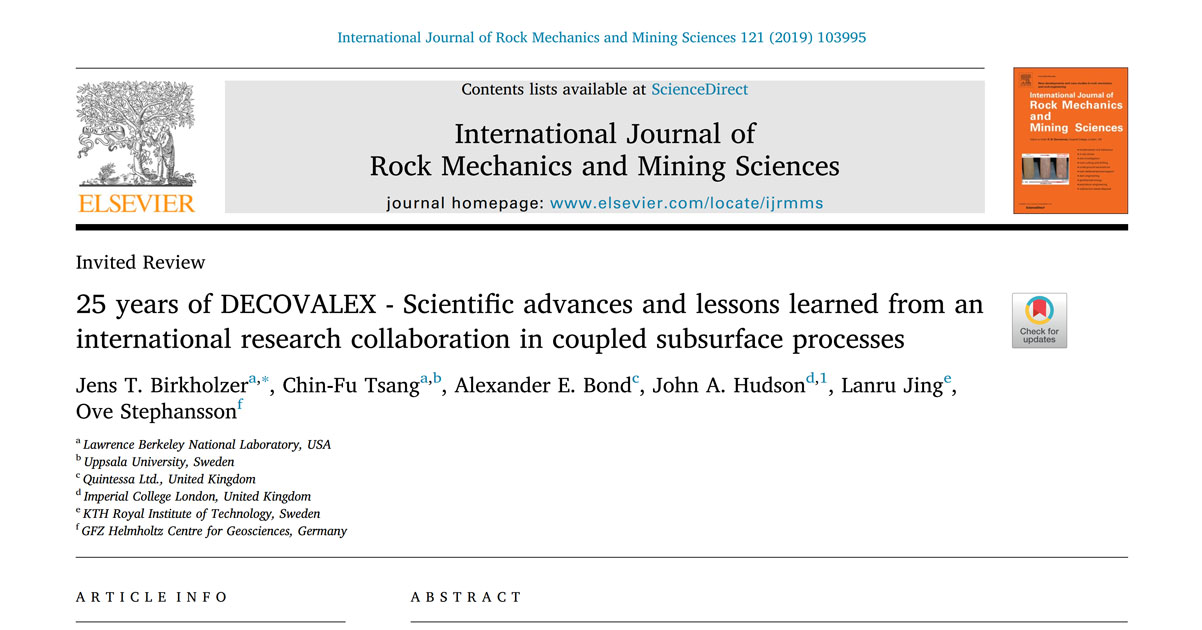
We are pleased to announce that Jens Birkholzer and co-authors have published a paper describing "25 years of DECOVALEX - Scientific advances and lessons learned from an international research collaboration in coupled subsurface processes" in the International Journal of Rock Mechanics and Mining Sciences. It's pleasing to see the hard work of so many researchers and the synergies that arise in a project like DECOVALEX recognised in the scientific literature. We hope that the project will be still producing state-of-the-art research and training opportunities in another 25 years!
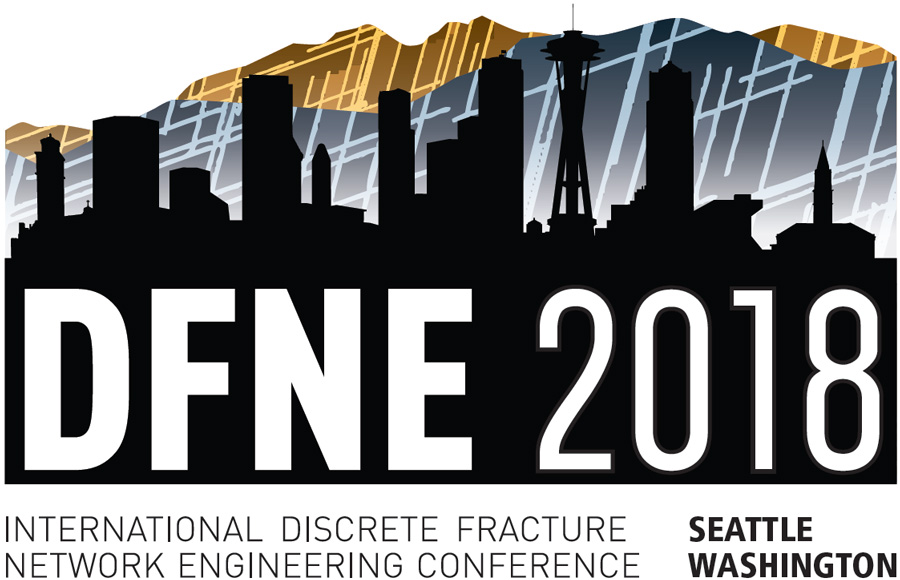
The 2nd International Conference on Discrete Fracture Network Engineering DFNE-2018 was held in Seattle, USA. The conference examines a very wide range of DFN applications, including rock stability, groundwater flow, contaminant transport and unconventional gas and had over 200 delegates; an excellent participation given the extremely specialist subject matter. DECOVALEX was very well represented, with oral presentations given on work from DECOVALEX 2019 Task A, DECOVALEX 2019 Task C and DECOVALEX 2015 Task C1. In addition, Alex Bond (Technical Coordinator) chaired one of the sessions on groundwater flow and transport. We'd like to thank the organisers of the meeting for their efforts, and we look forward to future DFNE conferences.
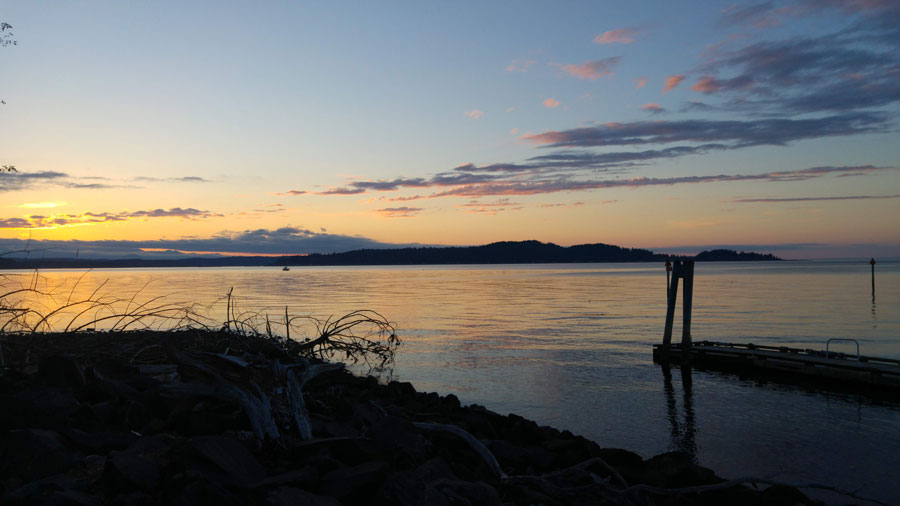
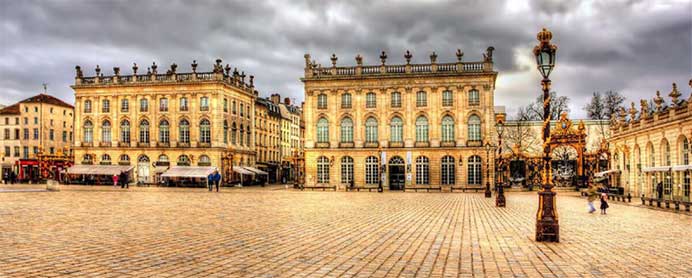
We are pleased to announce that the 5th workshop will be held in Nancy, France on the 24th to 27th April, kindly hosted by Andra. The schedule currently plans for a whole-day visit to the Meuse/Haute-Marne underground research laboratory for the French CIGEO deep radioactive waste disposal project. Registration and further details are expected to be available from from Andra shortly.
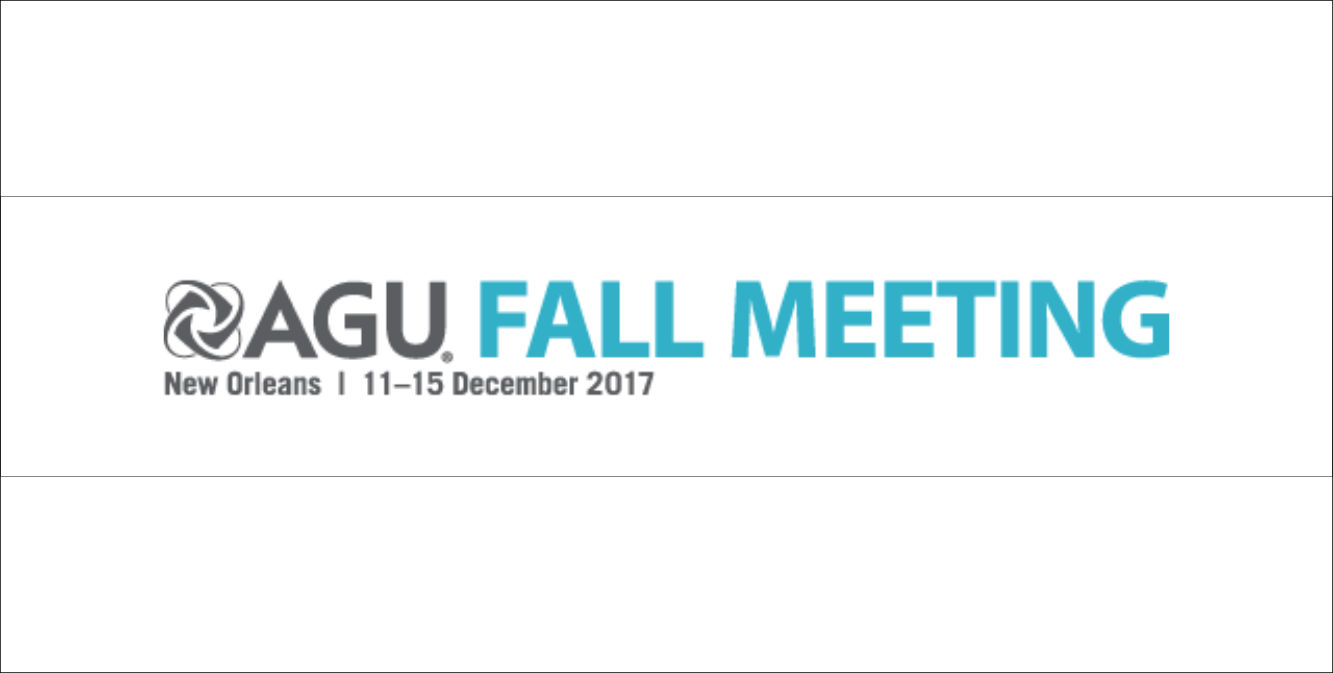
Jens Birkholzer gave an invited paper on "25 Years of DECOVALEX Research Advances and Lessons Learned from an International Model Comparison Initiative" at the 2017 Fall AGU meeting in New Orleans. The paper was well-received and Jens, with co-authors, now plans to produce a 25-year project overview paper for a peer-reviewed journal outlining the significant developments that DECOVALEX has helped foster in radioactive waste management.
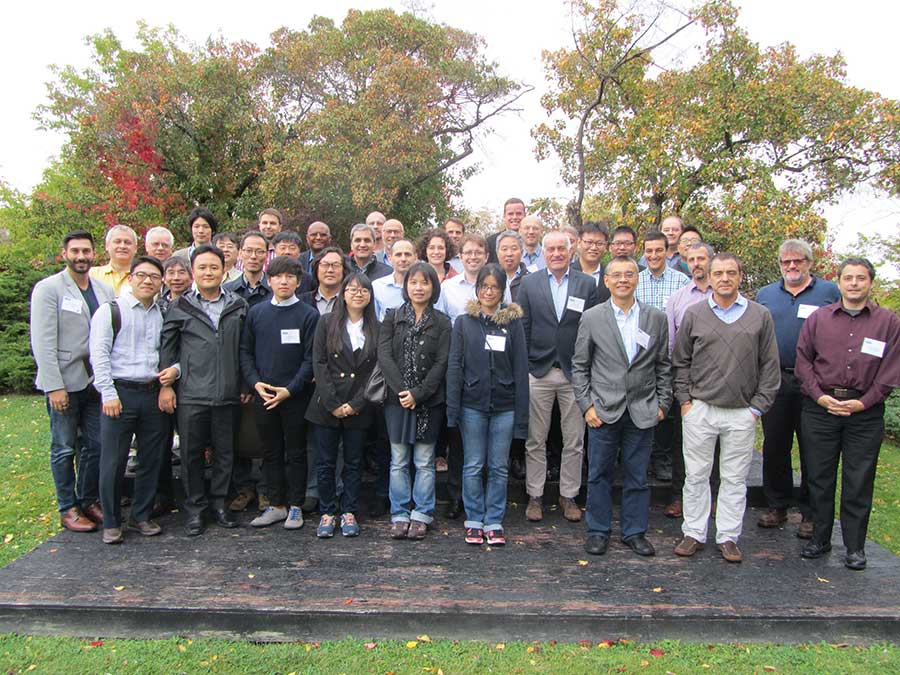
With many thanks to the generosity to the Canadian Nuclear Safety Commission, an excellent fourth workshop was hosted in Kingston, Ontario, Canada. In addition to the detailed technical discussions and an excellent overview of CNSC's nuclear research on geological disposal by Peter Elder (CNSC), the project team had the opportunity to visit a series of sites at the Port Hope Area Initiative. This ambitious project is talked with resolving historical low-level radioactive contamination in and around Port Hope, some of which is in extremely close proximity to domestic properties, and in some cases forms part of the building material of buildings. The DECOVALEX project would like to thank CNSC for being such excellent hosts, and we'll look forward to future opportunities to return to Canada.
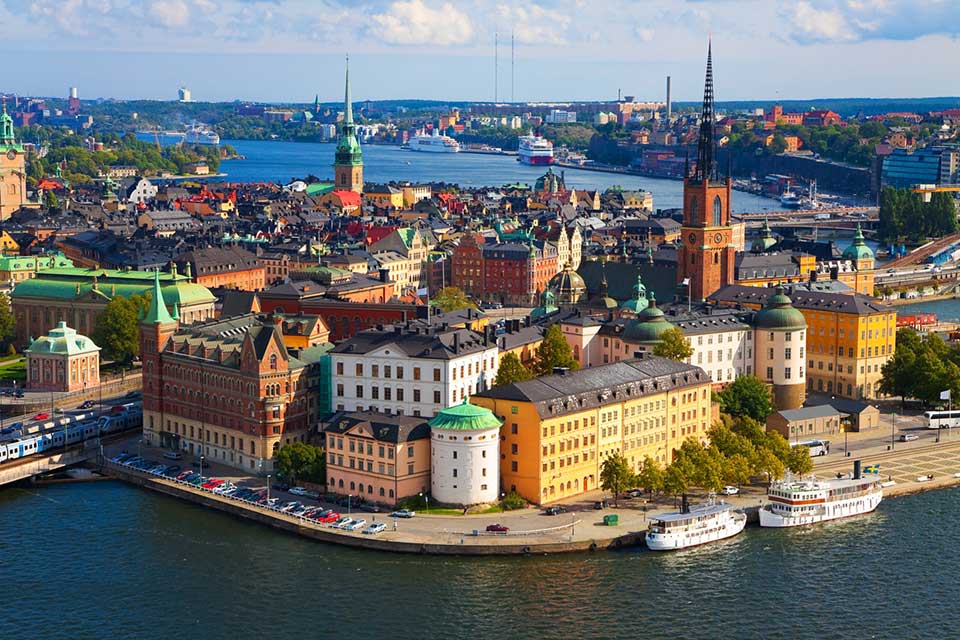
The third workshop of DECOVALEX-2019 will be hosted by SSM in the beautiful city of Stockholm. The meeting will take place from the 25th to the 28th of April and includes a technical visit to SFR (SKB’s final repository for short-lived radioactive waste) and a special session celebrating 25 years of the DECOVALEX project. DECOVALEX is very grateful to SSM for hosting this meeting and we look forward to a highly productive workshop.
The dates and location for the fourth workshop have also been agreed; the meeting will be hosted by CNSC in Canada from the 10th to the 13th of October. More details about the meeting will be made available after the third workshop.
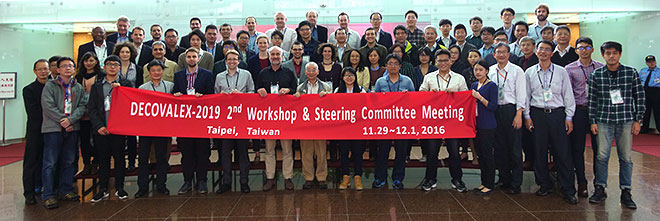
The second workshop of D-2019 was held in Taipei hosted with excellent organisation and great generosity by the Taiwan Power Company. In addition to some excellent work being discussed as part of the first phase of technical analysis, there was a fascinating field trip to the Taroko National Park where the D-2019 participants could get a true impression of the scale and speed of landscape evolution in such a geologically active area.
Jens and Alex would like to thank Allan Lee and his team once again for their key part in making this workshop a success, and we look forward to the opportunity to return to Taipei in a future phase of DECOVALEX.
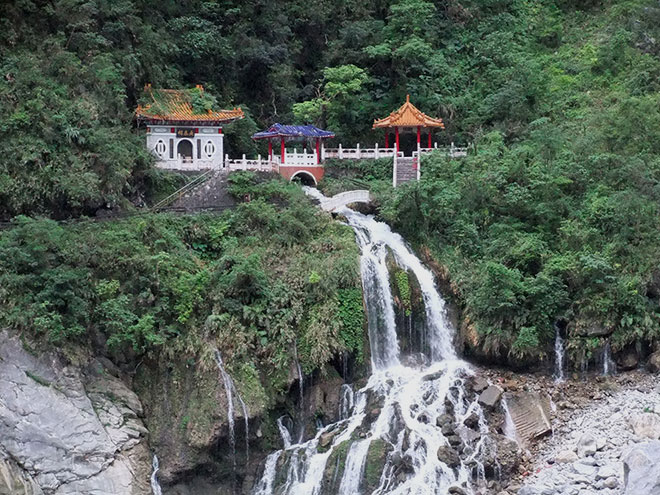
DECOVALEX has always been focussed on the complexities of the geological disposal of radioactive waste. However, it has become increasingly clear that many of the topics considered under DECOVALEX have direct relevance to other areas of Earth science and sub-surface engineering. Within the current phase of DECOVALEX, Task B, which considers the hydraulic-mechanical interaction of groundwater and fault reactivation has obvious links to topics such as geothermal energy, shale gas etc. We are therefore pleased to announce that we are opening Task B to external groups, not normally associated with DECOVALEX or radioactive waste management in order to broaden the experience we can bring to bear on this interesting and valuable area of research. If you are potentially interested in participating in this task, please contact Jens Birkholzer in the first instance so we can start a discussion on possible future engagement.
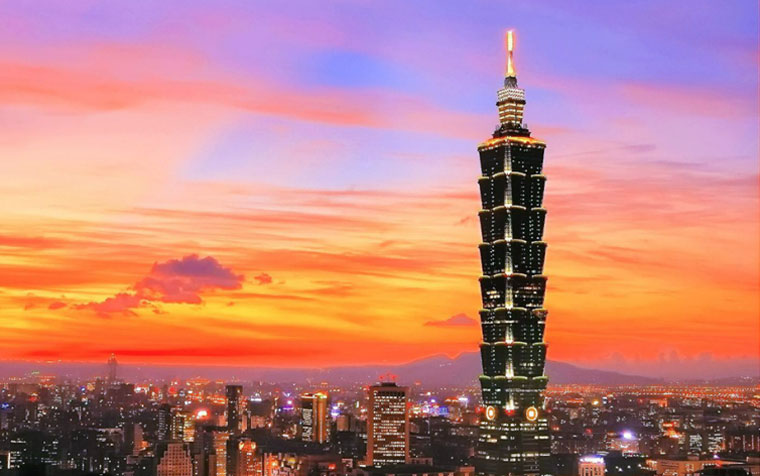
The DECOVALEX steering committee are pleased to announce that the second workshop for DECOVALEX-2019 will be held between the 28th November and 1st December, 2016 in Taipei, Taiwan. Taiwan Power Company (a new participant in DECOVALEX) have kindly offered to host the event. In addition to the first full round of technical discussions, there will be a technical visit on the 2nd of December to the fascinating and beautiful Taroko National Geological Park. For further information please contact Alex Bond.
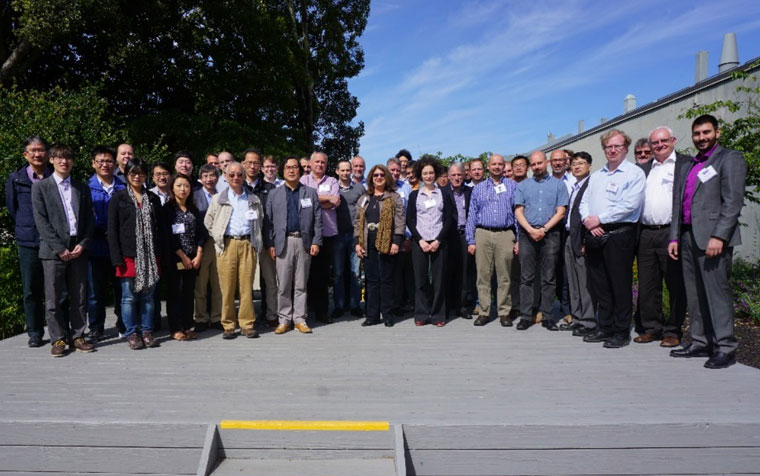
The first workshop of the latest phase of DECOVALEX was held in Berkeley, California between the 17th and 20th of May. The workshop was hosted by Lawrence Berkeley National Laboratory, and provided the first opportunity for the participants of the new phase to meet and discuss the technical structure of the forthcoming tasks. In total, seven tasks will be taken forward [link to D-2019], with topics as diverse as advective gas movement through clays through to field scale resaturation and heater experiments. The work planned during this workshop sets the foundation for another successful phase of DECOVALEX.
In addition to the technical discussion, LBNL organised a technical visit to The Geyser’s geothermal field on the final day. A very interesting site with direct relevance to much of the DECOVALEX work, this field generated an average of 600 MW in 2014 (with a total capacity now of 725 MW), supported by large-scale water injection.